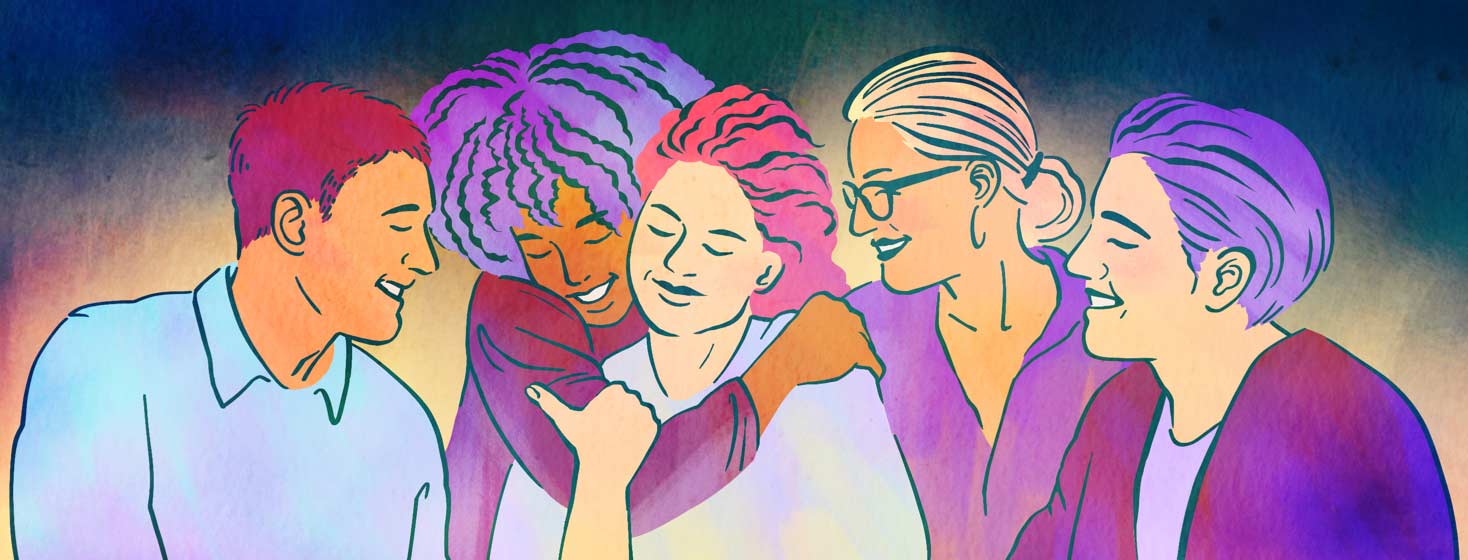Do I Need Help? What I Wish My Supports Would Say (And What I Wish They Wouldn't)
When I need help, there are things I hope my supports will do and things I hope they won't. But it's hard for supportive people to know what those things are. They frequently do and say things I wouldn't prefer. But that's mostly my fault.
Supports can't possibly know what to say and do without me telling them. So, let's take a look at some of the good and bad things that supports can say and do for a person with bipolar disorder.
Believe your loved one with bipolar
The first thing a support needs to understand when I need help is this: I am the expert in my bipolar disorder. True, any person with bipolar disorder may not be an expert in bipolar disorder in general, but they are always an expert in their own experience of their illness. They are the ones who know what happens to them and what they need at any given time.
An individual's experience of bipolar disorder may not perfectly align with what the family member or loved one thinks they should be experiencing, but that needs to be set aside for the expertise of the person with the illness. This means that if I say I need help, you need to believe I really need it. That means if I say that I don't need help, you need to believe that I really don't need it.
Get help in a life-threatening emergency
There is a small aside here. Sometimes, people with bipolar disorder don't recognize when they need help. In the case of emergencies, that can happen. It can be very difficult to override a person's desire not to receive help, but if their life is at risk, it's okay to get help regardless. It's much better that a person with bipolar disorder hate you for not listening to them but be alive than the alternative.
What to say to someone with bipolar disorder
What I want to hear from a support is this: I love you. I am here for you. What can I do to help?
This tells me that you love me and are there for me despite my needing help (which my possibly depressed brain will likely need to be reinforced). This is a powerful message that will bring us closer together and make me feel comfortable getting help from you.
Saying, "What can I do to help?" is also powerful because it acknowledges that I am the expert and in control of what happens next.
What not to say to someone with bipolar disorder
Similarly, never say this: What's wrong with you? You have nothing to be upset about. If you just ate better (exercised more, drank more water, etc.), you wouldn’t feel this way.
This dismissive attitude means you are not listening to me or respecting my experiences. This will drive a wedge between us and actually keep me from getting the help I need.
Moreover, you aren't being the least bit supportive by suggesting this state is my own fault. It is not. And if exercising, eating better, drinking more water, etc., actually fixed bipolar disorder, no one would be suffering from it.
What to do when your loved one needs help
As I said, it's important to let me decide the help I need. It might be something like:
- Contacting my doctor
- Giving me a ride to the hospital
- Having an open and honest conversation
- Contacting my faith leader
- Cooking me a meal
- Giving me a hug
Or one of many other things. The only way you can know what one fits at any given time is to follow my lead.
What not to do
Finally, don't thrust your idea of "help" on me. Don’t take me to a homeopath just because you believe in it. Don't buy me a gym membership just because you think working out is the answer to something. These things are disempowering and just make me not want to turn to you in the future.
Supporting someone with bipolar disorder
It's not easy to be the support for someone with bipolar disorder. But remember these things: We need you. We love you. We appreciate you. We wouldn't be here without you.
